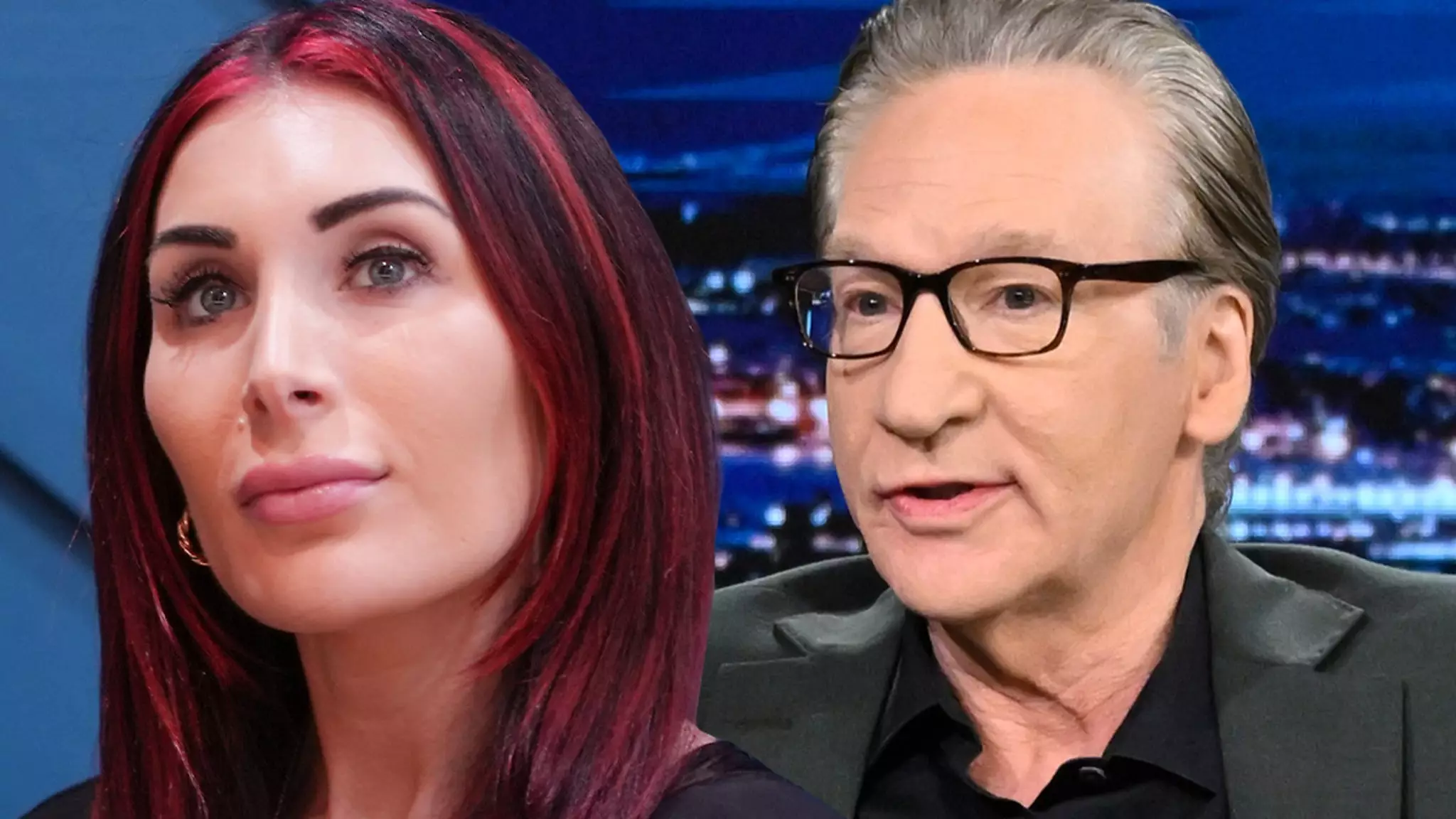In an unexpected turn of events, Bill Maher’s recent comments on his platform “Real Time” have reignited a media storm, particularly concerning former President Donald Trump’s alleged romantic escapades. Maher’s offhand speculation—that Trump may be involved with Laura Loomer—has drawn swift reactions from both sides of the political spectrum. While speculative commentary has become a hallmark of political satire, Maher’s assertions tread a fine line between humor and scandal, inviting scrutiny and outrage that could easily dominate headlines for days.
Maher’s choice to focus on Trump’s purported infidelities resonates with his established comedic style but raises ethical questions regarding public figures and their private lives. By suggesting that Trump’s motivation is inherently tied to his relationships with women, Maher inadvertently reinforces harmful stereotypes about both aging men and women in politics, suggesting they are mere pawns in a game of lust and power. Such narratives, while compelling for entertainment, can dilute the seriousness of political discourse and objectify those involved.
Moreover, Maher’s mention of Loomer—who has positioned herself as a staunch Trump ally—creates an additional layer of controversy. Loomer, known for her extreme views and divisive rhetoric, becomes an unintended focal point for Maher’s jokes. Thus, Maher’s comments do not simply poke fun; they can aggravate already existing tensions within the political landscape, illuminating the fractures in public opinion surrounding Trump and his supporters.
Loomer’s subsequent condemnation of Maher showcases the volatile nature of political discourse. Her threat to sue Maher for defamation underscores how quickly tensions can escalate in the world of public figures, especially when allegations—true or false—are flung around. Loomer’s outrage, describing Maher’s comments as part of a “coordinated attack,” reflects a broader narrative in conservative circles, one that views leftist media as a significant adversary. This claim of victimhood feeds into her political identity, garnering sympathy from her base while simultaneously painting her as a target of media malfeasance.
This response also points to Loomer’s broader strategy of aligning herself ideologically with Trump, as she unifies her audience through a shared belief in their marginalization. It becomes ever more apparent that both figures, Maher and Loomer, are performing within their respective spheres, each amplifying their messages while shaping public discourse.
The current episode involving Maher and Loomer reflects a larger trend in political comedy. As figures like Maher leverage humor to critique powerful individuals, they must grapple with the impacts of their remarks on the fabric of political conversation. The default move towards sensationalism can often overshadow nuanced discussions, creating an environment where headlines obliterate substantial policy debates.
Ultimately, the backlash from Loomer serves as a reminder of the precarious relationship between satire and the political establishment. As both sides attempt to outmaneuver one another, the audience is left to sift through sensational headlines to extract meaning from a tangled web of speculation, outrage, and political identity. In a landscape increasingly crowded with outrage and reaction, the stakes remain high for public figures navigating the intertwined worlds of media, politics, and personal reputation.

